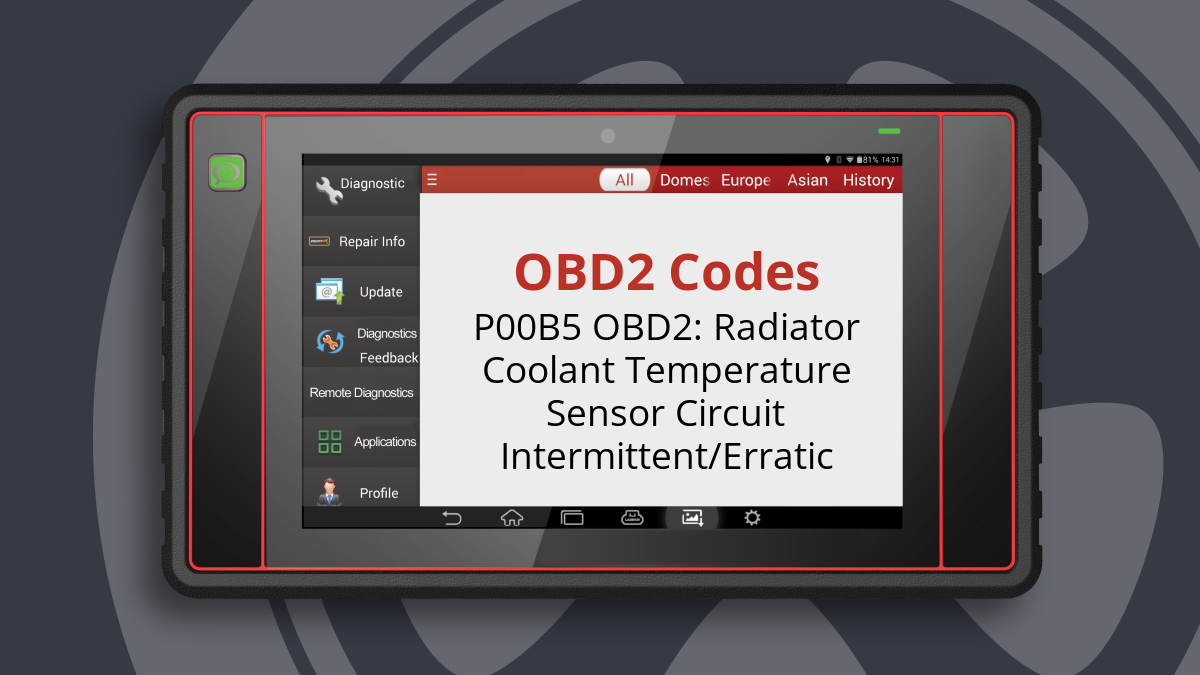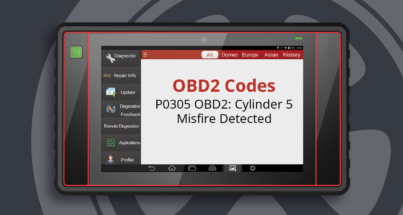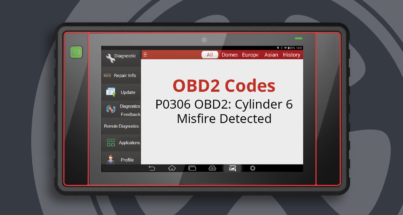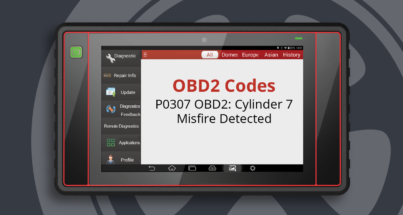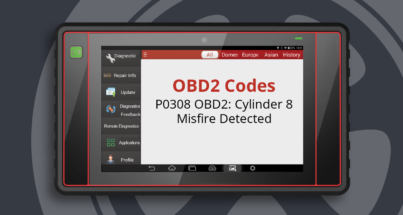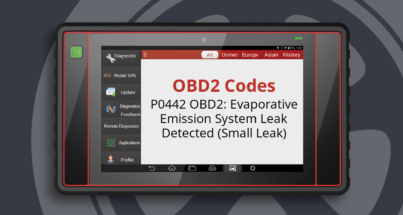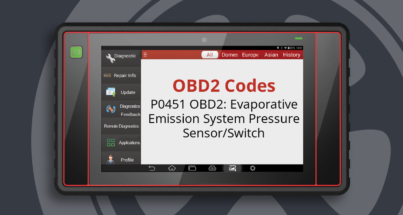The P00B5 code is an OBD-II trouble code that indicates a problem with the Radiator Coolant Temperature Sensor circuit, specifically that the sensor is reporting intermittent or erratic signals to the Engine Control Module (PCM).
What Does the P00B5 Code Mean?
This code means that the PCM has detected an incorrect signal from the Radiator Coolant Temperature Sensor. The sensor plays a critical role by providing information about the coolant temperature to the PCM, which is essential for managing engine performance and temperature control.
What Causes the P00B5 Code?
Several factors can trigger the P00B5 code, including:
- Radiator temperature sensor failure
- Wiring issues, such as damaged or corroded wires
- Powertrain Control Module (PCM) failure
What Are the Symptoms of the P00B5 Code?
Common symptoms associated with the P00B5 code include:
- Cooling fans may stay on all the time
- Inconsistent engine temperature readings
- Potential overheating issues
How Serious Is the P00B5 Code?
The P00B5 code is classified as urgent. Ignoring this issue can lead to severe engine damage or safety hazards for the driver and passengers.
How to Diagnose the P00B5 Code
To diagnose the P00B5 code, a mechanic should follow these steps:
- Use an OBD-II scanner to confirm the presence of the P00B5 code.
- Inspect the radiator coolant temperature sensor and its wiring for damage or corrosion.
- Check the PCM for any faults or failures that may be affecting sensor readings.
- Test the sensor with a multimeter to ensure it is operating within specifications.
Common Repairs for the P00B5 Code
Repairs for the P00B5 code may include:
- Replacing the radiator temperature sensor
- Repairing or replacing damaged wiring or connectors
- Replacing the PCM, if deemed faulty
How Much Does It Cost to Fix the P00B5 Code?
The cost to repair the P00B5 code can vary widely depending on the specific issue and the make and model of the vehicle. On average, repairs might range from $100 to $500, including parts and labor.
Can I Fix the P00B5 Code Myself?
While some DIY enthusiasts may be able to replace the radiator temperature sensor or repair wiring issues, proper diagnosis is crucial. It is recommended to consult a professional mechanic to ensure an accurate diagnosis and repair.


